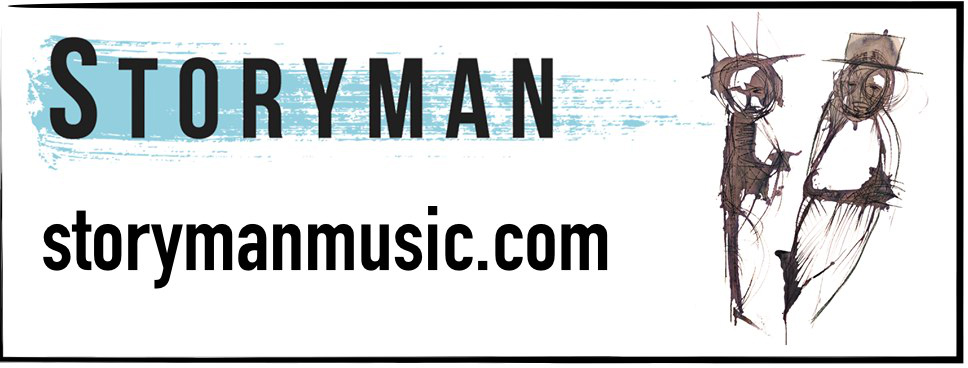SciWorks Radio is a production of 88.5 WFDD and SciWorks, the Science Center and Environmental Park of Forsyth County, located in Winston-Salem. Follow Shawn on Twitter @SCIFitz.
As a parent, I can tell you that naming a child can be a drawn-out exercise in creativity and diplomacy. So with that said, why does my mom still call me by my aunt's name? I always took this as a character flaw. But recently, when I called my six-year-old son for dinner - using the dog's name - I concluded that this must be science!
As it turns out, Dr. Samantha Deffler, who received her PhD and the title of “Doctor” from Duke University this very weekend (congratulations), is the primary author on a recent paper in "Memory & Cognition" that explores this very phenomenon.
(Read the summary here and find the paper here.)
"I was sitting in the lab with my advisor and he called me by my labmate Shayna's name; and we look nothing alike! He should know who we are. We've been working with him for a while but yet he still made this mistake. And he makes it quite often. We got to talking about how our mothers had called us by our siblings' name. And myself and Cassidy, the undergraduate that helped out with this project, have also been called by the dog's name. So instead of just having this be the lab joke, we decided to study it."
Dr. Deffler's team learned that there is a slight likelihood of misnaming when people have similar sounding names; for example, my friend Kevin may call my friend Juan, Shawn. But Juan is less likely to call me Kevin. More often, though, this kind of mistake has more to do with how you are associated with a person whose name you are being called.
"If you're going to misname someone, you're going to use the name of someone within the same group as that person. So a family member, like a mother, is going to call someone by another family member's name. I expected to find some type of age difference or generational difference where mom will be calling you just your siblings' names, but it seems to be instead this kind of global grouping of family members. Where friends are going to call you by another friend's name, mom is going to call you by your siblings' names or by the dog's name."
Thankfully, this says more about what you think of your dog than of our family.
Overwhelmingly, when people were misnaming a human for another animal, the dog's name is always being used for a family member.
"It seems as though most people treat their dogs as more of a part of the family than they would treat their cats. My cats don't respond to their names; they could care less whether I want them to come to me at any given time. It may be that, since cats are less integrated into the family unit, or the pack, that concept of your cat may be less integrated with your knowledge of your children and your knowledge of the dog."
W.C. Fields said, “It ain't what they call you, it's what you answer to.” So the science behind this likely has everything to do with the way we store, recall, and recreate memories.
"Every time you're recalling something, you are piecing it together kind of on-the-fly. Memory is not like what we think of a computer. In the brain, there's not one particular area that contains your kids' names. Instead there are kind of overlapping networks. Because everything is interconnected and related, you're also kind of activating and retrieving other related people and, in turn, can make a mistake where you retrieve the wrong name.
I study a whole bunch of different memory concepts, but this one is the one that gets people really excited because it's happened to them. It can kind of be the starting point to dive into some of these more complex topics or concepts in psychology."
---
This Time Round, the theme music for SciWorks Radio, appears as a generous contribution by the band Storyman and courtesy of UFOmusic.com.

300x250 Ad
300x250 Ad
